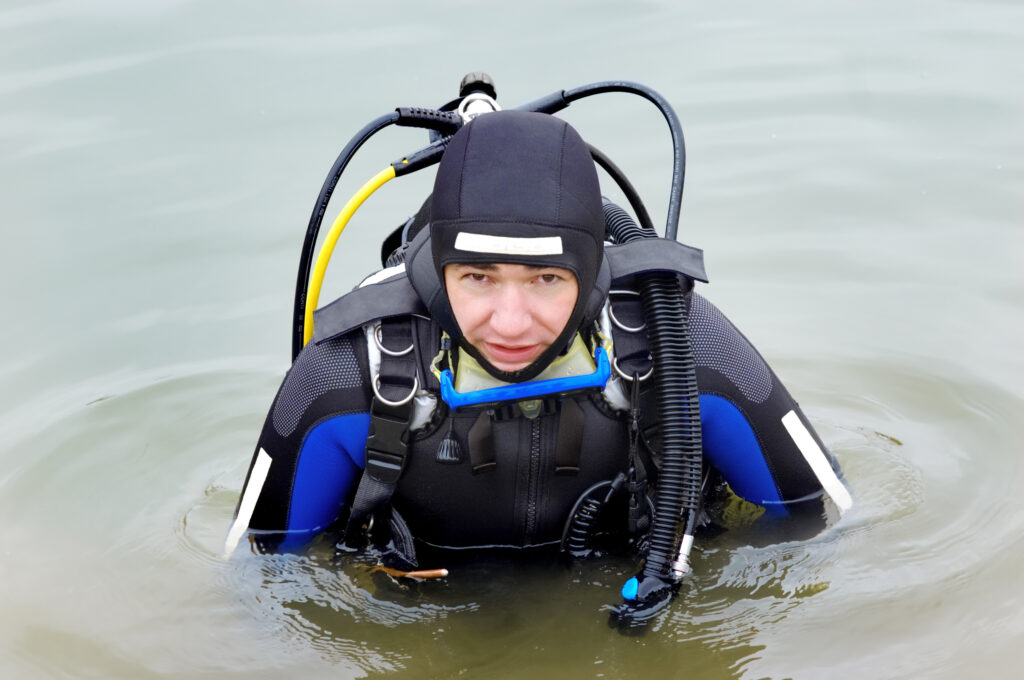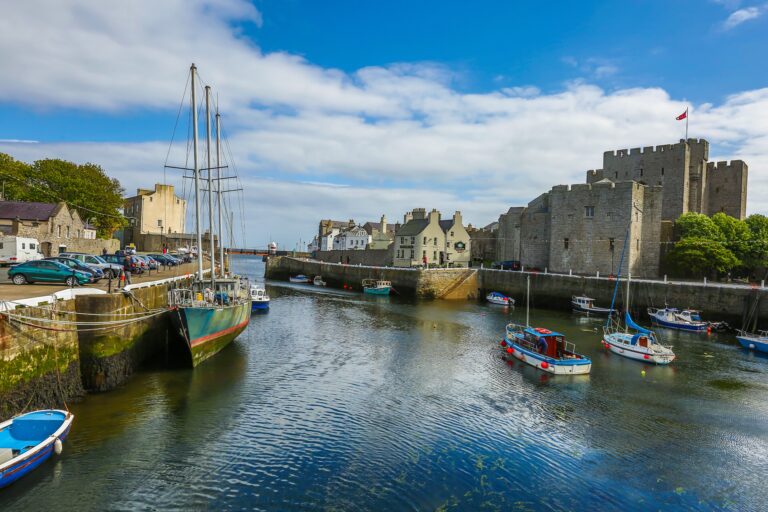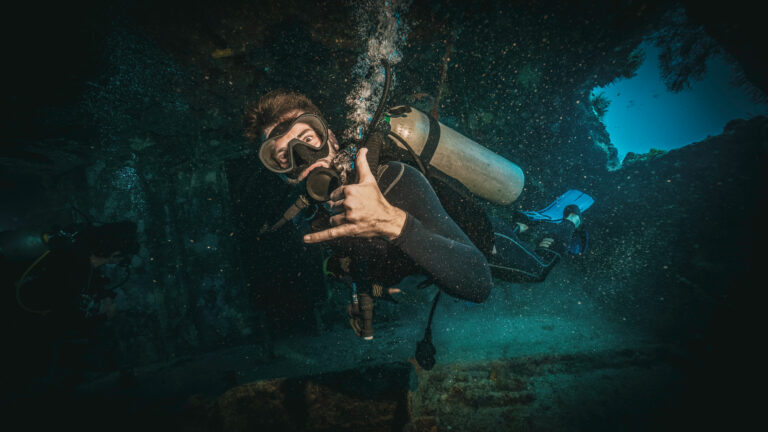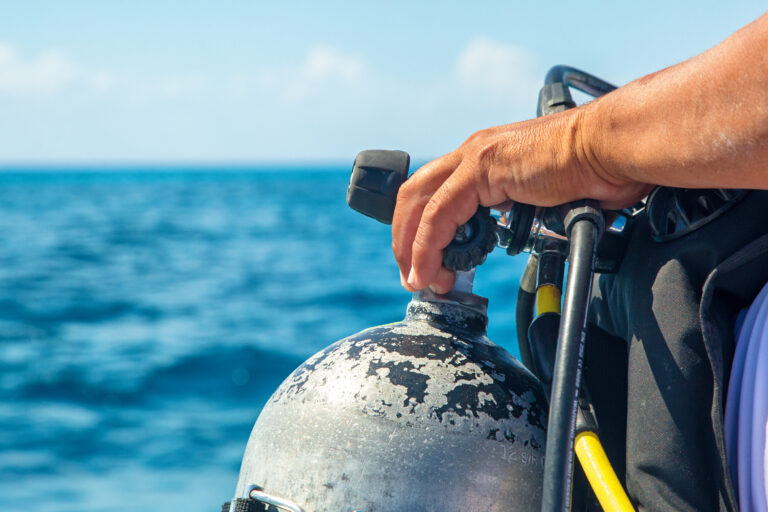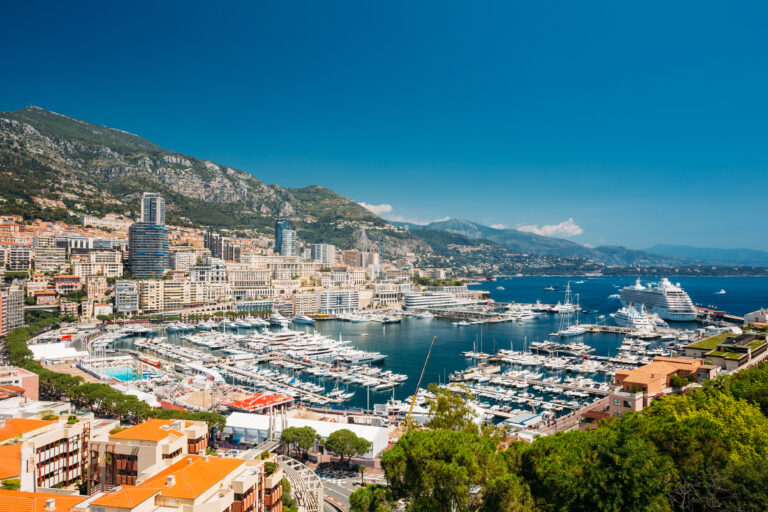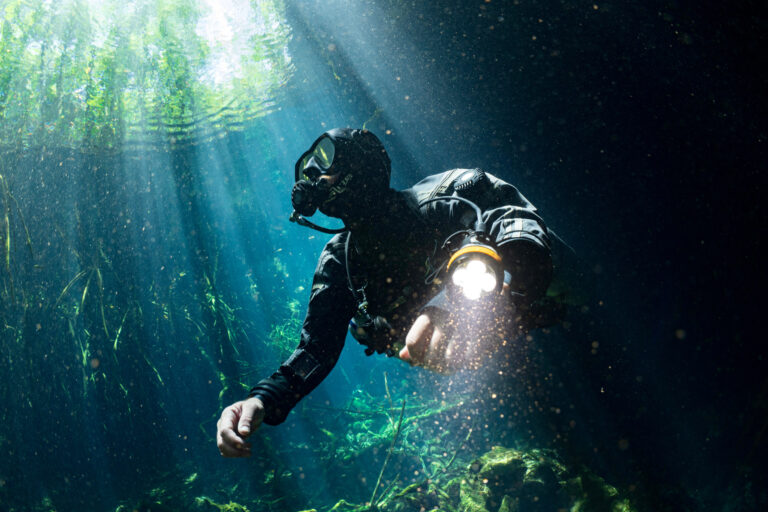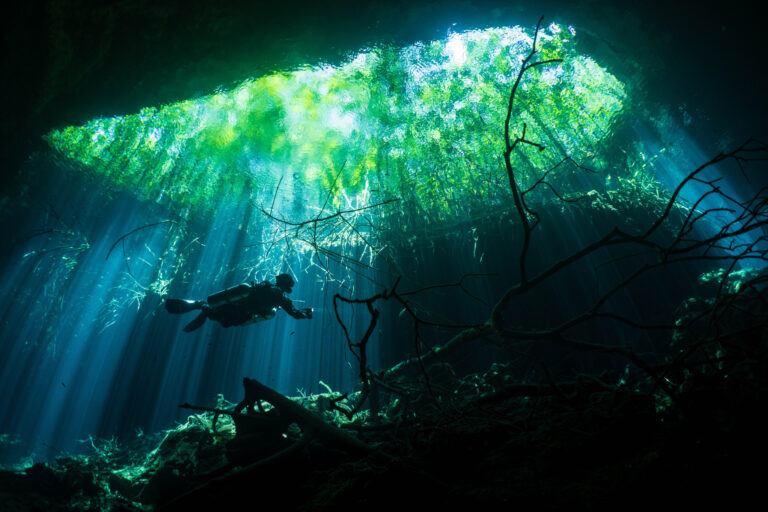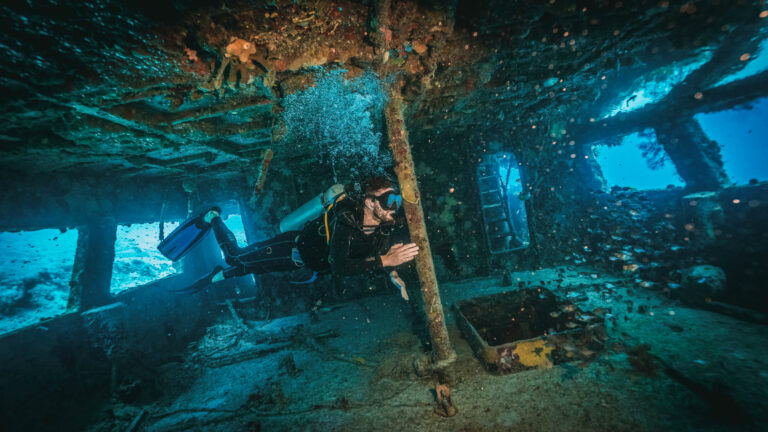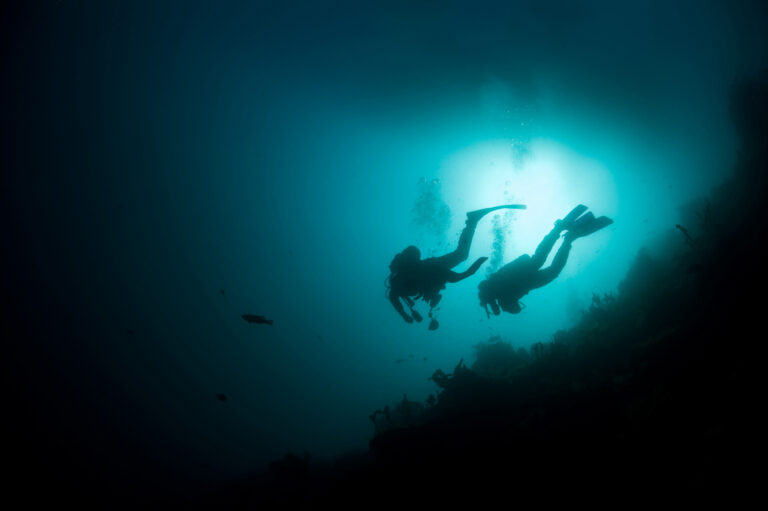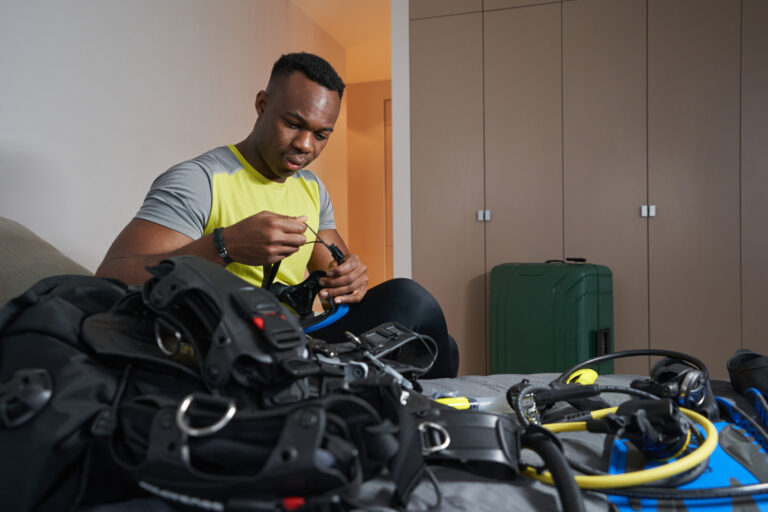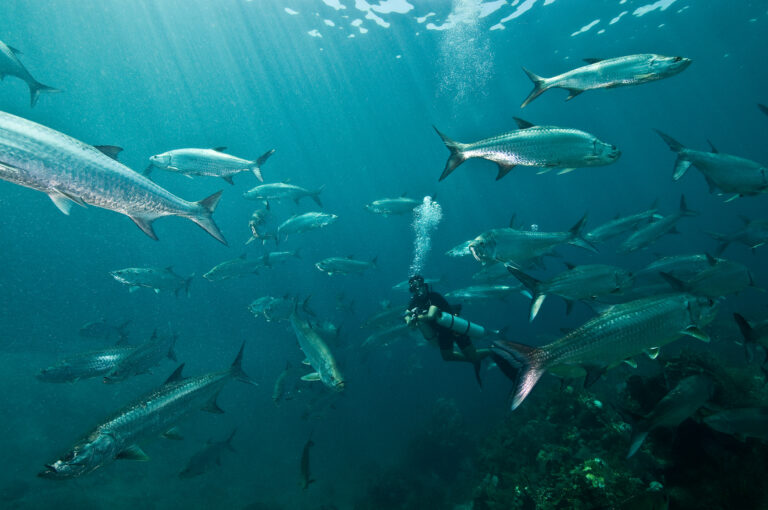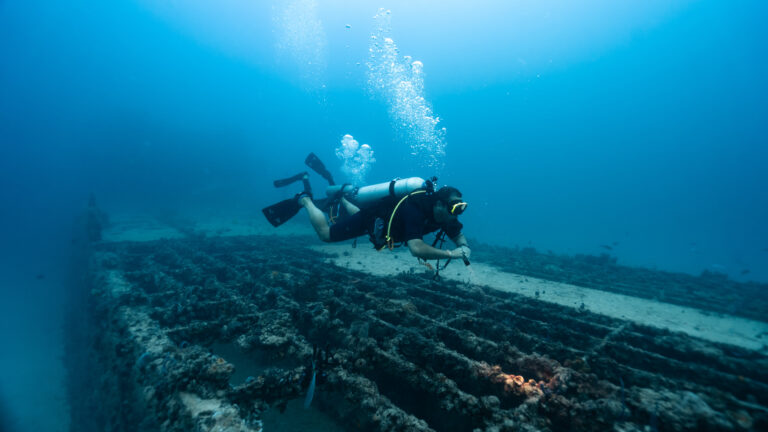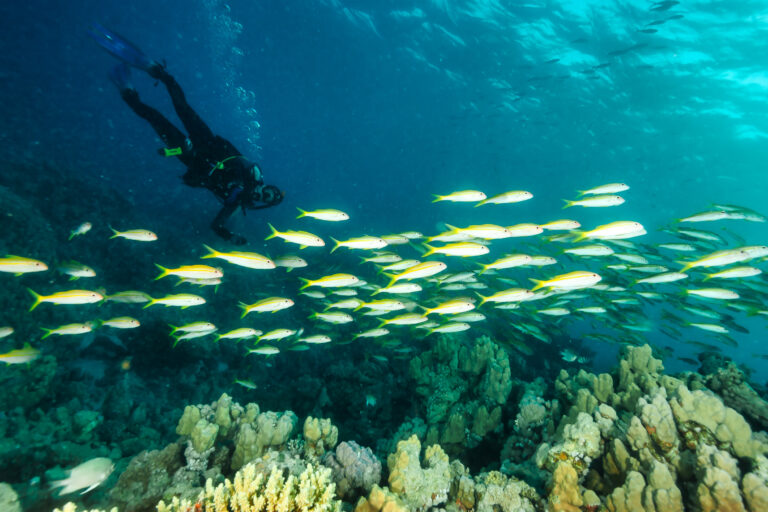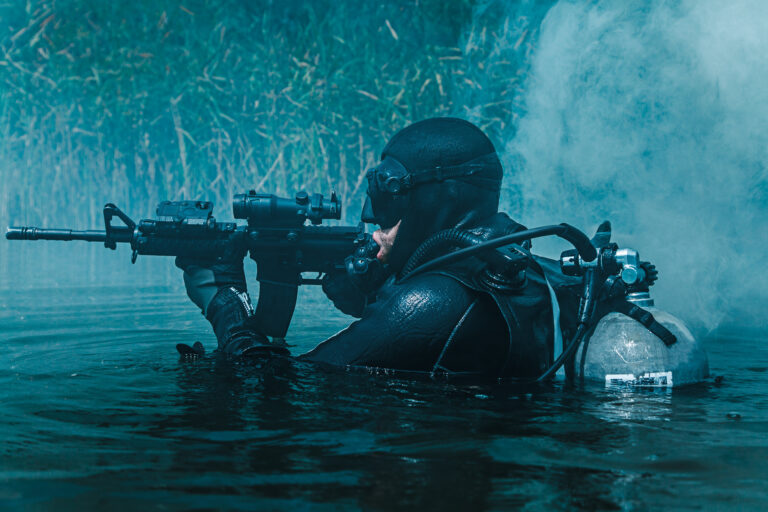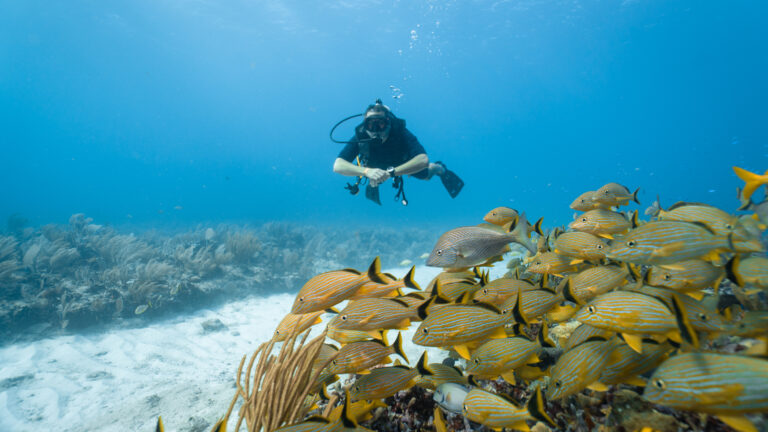Scuba Divers’ Travel Guide to French Guiana
French Guiana, located on the northeast coast of South America, offers scuba divers an intriguing mix of marine environments. The Atlantic waters here are influenced by the Amazon River, creating unique underwater conditions that support a diverse array of marine life. Divers can expect to encounter colorful coral reefs, abundant fish species, and even the occasional dolphin or manatee. French Guiana’s warm waters and relatively undiscovered dive sites provide an exciting opportunity for scuba travelers seeking new and unique underwater experiences.
Location and Geography
Nestled on the northeastern coast of South America, French Guiana, an overseas department of France, offers a unique blend of cultural richness and biodiversity that extends beneath the waves. This tropical paradise, bordered by Brazil to the south and east, Suriname to the west, and the Atlantic Ocean to the northeast, boasts a relatively unexplored coastline stretching over 320 kilometers. The warm, inviting waters of the Atlantic Ocean merge with the freshwater influx from the mighty Amazon River, creating a dynamic marine environment. Divers in French Guiana can explore a variety of underwater landscapes, from the vibrant coral reefs near the Îles du Salut to the murky waters of the Amazonian estuaries, which are teeming with a mix of saltwater and freshwater species. The region’s geography, with its mangrove-fringed coasts and scattered islets, provides a sanctuary for an array of marine life, making it an intriguing destination for adventurous divers seeking a dive experience off the beaten path.
Visa and Entry Requirements
Before embarking on a scuba diving adventure in French Guiana, it is essential to understand the visa and entry requirements for this unique overseas department of France. As part of the European Union, French Guiana adheres to similar immigration rules as mainland France. Most European Union citizens can enter without a visa for short stays. However, travelers from countries outside the EU, including the United States, Canada, and Australia, typically do not require a visa for stays of up to 90 days within a 180-day period for tourism purposes, which includes scuba diving. It is crucial to have a passport valid for at least three months beyond the planned departure date from French Guiana. Visitors should also be prepared to show proof of return or onward travel, as well as sufficient funds for the duration of their stay. It is always advisable to check the latest visa requirements with the French embassy or consulate in your home country before planning your trip, as regulations can change. Additionally, ensure that you are up to date with any health-related entry requirements, such as vaccinations, which may be necessary for travel to this tropical destination.
Getting to French Guiana
Getting to French Guiana for an unforgettable scuba diving adventure is a journey that requires some planning, as this overseas department of France is nestled on the northeastern coast of South America, bordered by Brazil and Suriname. Travelers typically fly into Cayenne – Félix Eboué Airport (CAY), the main international gateway, which is well-connected to Paris and several Caribbean destinations. From North America or other continents, you may need to connect through these hubs or take a flight to a nearby country such as Suriname or Brazil and then cross into French Guiana by land or regional flight. Once there, the country’s limited public transportation means that renting a car or arranging transfers is advisable for reaching the coastal towns and pristine dive sites. Despite the extra effort to arrive, the rich marine life, unique blend of cultures, and the allure of diving in the warm waters of the Atlantic Ocean make French Guiana a hidden gem for divers seeking a path less traveled.
Best Time to Dive
Getting to French Guiana for an unforgettable scuba diving adventure is a journey that requires some planning, as this overseas department of France is nestled on the northeastern coast of South America, bordered by Brazil and Suriname. Travelers typically fly into Cayenne – Félix Eboué Airport (CAY), the main international gateway, which is well-connected to Paris and several Caribbean destinations. From North America or other continents, you may need to connect through these hubs or take a flight to a nearby country such as Suriname or Brazil and then cross into French Guiana by land or regional flight. Once there, the country’s limited public transportation means that renting a car or arranging transfers is advisable for reaching the coastal towns and pristine dive sites. Despite the extra effort to arrive, the rich marine life, unique blend of cultures, and the allure of diving in the warm waters of the Atlantic Ocean make French Guiana a hidden gem for divers seeking a path less traveled.
Accommodation Options
Accommodation options in French Guiana cater to a range of preferences, from the eco-conscious adventurer to the comfort-seeking diver. Given its relatively undeveloped tourism infrastructure, lodging choices are more limited compared to mainstream dive destinations. Visitors can find a handful of hotels and guesthouses in the capital, Cayenne, and in coastal towns like Kourou and Saint-Laurent-du-Maroni, which offer convenient access to dive shops and marinas. For a more immersive experience, eco-lodges and jungle camps along the Maroni or Oyapock rivers provide rustic yet charming stays, often including guided tours and wildlife encounters. These accommodations typically arrange dive excursions to the pristine reefs and wreck sites off the coast. While luxury resorts are scarce, the available mid-range and boutique hotels often feature personalized service, with some offering dive packages that include equipment rental and transportation to the best underwater sites. It’s advisable to book well in advance, especially during peak travel seasons, to secure your preferred lodging and dive arrangements in this unique and biodiverse corner of the Caribbean.
Dive Operators and Dive Shops
In the lush, tropical backdrop of French Guiana, a hidden gem for divers awaits. While not traditionally renowned for its scuba diving, this overseas department of France offers a unique underwater experience, with dive operators and shops concentrated in the capital city of Cayenne and the coastal town of Kourou. These local dive shops provide personalized service and are well-equipped to guide you through the region’s aquatic treasures, from the murky waters of the Amazonian estuaries to the clearer Atlantic Ocean sites. Divers can explore a variety of environments, including mangrove-fringed coasts and the intriguing wreck of the Edmond, a sunken ship that has become a vibrant artificial reef. The dive operators in French Guiana are known for their intimate knowledge of the local marine ecosystems and their commitment to safety and environmental stewardship. They offer a range of services, from certification courses for beginners to advanced guided dives for the more experienced. With the allure of uncrowded dive sites and the promise of encounters with rare freshwater species, French Guiana’s dive shops are the gateway to an off-the-beaten-path underwater adventure.
Transportation within French Guiana
Transportation within French Guiana, while not as developed as in some other destinations, offers a variety of options for scuba divers looking to explore its underwater treasures. The main gateway to the region is the capital, Cayenne, which is accessible by air through the Félix Eboué Airport. From there, divers can rent a car to drive along the coastal roads to reach popular diving spots; however, it’s important to note that some remote areas may require a 4×4 vehicle due to rough terrain. For areas not accessible by road, such as the pristine Iles du Salut, boats can be chartered from various points along the coast. Public transportation, like buses, is limited and may not be the most reliable for reaching specific dive sites. For a more adventurous journey, river transport can be an option, as it is a common means of travel for locals, but it’s essential to arrange such trips with experienced guides to navigate the complex river systems safely.
Currency and Payment Methods
In French Guiana, the official currency is the Euro (€), as it is an overseas department of France. Visitors planning to scuba dive in this lush, tropical region should come prepared with a sufficient amount of cash, especially when traveling to more remote diving spots where electronic payment systems might not be as readily available. Credit cards are widely accepted in larger cities and established dive shops, with Visa and MasterCard being the most commonly used. However, it’s advisable to inform your bank of your travel plans to avoid any issues with international transactions. ATMs can be found in urban areas, but they may be scarce in off-the-beaten-path locations. It’s also worth noting that while traveler’s checks can offer security, they are not as commonly accepted and can be cumbersome to cash. Therefore, divers should plan their payment methods accordingly, ensuring they have a mix of cash and cards to cover dive fees, equipment rentals, and any other expenses that may arise during their underwater adventures in French Guiana.
Language and Communication
In the lush, tropical waters of French Guiana, a department of France nestled on the northeastern coast of South America, the primary language spoken is French. As such, it is highly beneficial for scuba divers to have a basic grasp of French phrases, particularly those pertinent to diving, to facilitate seamless communication with local dive operators, guides, and fellow divers. English may be spoken within the international diving community, but it is less common among the local population. It is advisable to learn key diving terms and safety-related expressions, or to carry a waterproof phrasebook or electronic translator. Hand signals universally used by divers during underwater excursions remain an essential form of non-verbal communication, ensuring that, regardless of language barriers, all participants can enjoy the stunning underwater vistas and diverse marine life that French Guiana’s waters have to offer.
Local Culture and Attractions
Nestled on the northeastern coast of South America, French Guiana, an overseas department of France, offers a unique blend of Gallic charm and Amazonian exoticism that extends beyond its underwater wonders. After reveling in the rich marine life and pristine waters, divers can immerse themselves in the vibrant local culture, where the rhythms of Creole, Amerindian, and Maroon heritage fuse. In the capital city of Cayenne, colorful markets brim with tropical fruits, spices, and handcrafted goods, while the aroma of French and Creole cuisine wafts through the air. Historical attractions such as the infamous Îles du Salut, once a penal colony, now stand as a haunting reminder of the region’s colonial past. The Guiana Space Centre in Kourou offers a juxtaposition of technology against the backdrop of dense rainforests, attracting space enthusiasts from around the globe. For nature lovers, the lush hinterlands provide opportunities to witness the diverse wildlife, from vibrant bird species to the elusive jaguar, in protected areas like the Guiana Amazonian Park. French Guiana’s cultural and natural attractions create a rich tapestry that complements the underwater adventures awaiting beneath the waves.
Cultural Etiquette and Tips
When scuba diving in French Guiana, it’s important to embrace the cultural nuances of this diverse region, where French customs blend with Caribbean and indigenous influences. Politeness is highly valued, so always greet with a courteous “Bonjour” before engaging in conversation or transactions. French is the official language, and while some locals may speak English, attempting to speak French is appreciated and shows respect for the local culture. Be mindful of environmental conservation efforts, as the region is home to unique ecosystems; avoid touching or disturbing marine life and coral reefs. It’s customary to tip for good service, typically around 10-15%, though it may already be included in your bill. When interacting with local fishermen or guides, show interest in their knowledge and traditions, as this can enrich your diving experience. Lastly, remember that French Guiana operates at a relaxed pace, so patience and a laid-back attitude will help you blend in and enjoy the serene beauty of this equatorial paradise.
Local Laws and Regulations Relevant to Tourists
When planning a scuba diving trip to French Guiana, it is crucial to familiarize yourself with local laws and regulations to ensure a safe and lawful experience. As an overseas department of France, French Guiana adheres to French laws, including those governing marine activities. Divers should be aware that certain areas may be protected under environmental laws, restricting activities to preserve ecosystems. It is mandatory to dive with a certified local operator who is familiar with these zones. Additionally, the collection of coral, fish, or any other marine life is strictly prohibited, and violators can face heavy fines or legal action. French Guiana also enforces safety regulations that require divers to carry a dive certification card, logbook, and to dive within the limits of their training and experience. It is advisable to carry personal identification and proof of insurance that covers scuba diving activities. Always check for the latest updates on local regulations before your trip, as these can change and may vary depending on the specific dive site within French Guiana.
Safety Tips and Emergency Contacts
When diving in the enchanting waters of French Guiana, safety should be your paramount concern. Always dive within your certification limits and ensure that your equipment is in excellent condition before embarking on any underwater adventure. Due to the remote nature of some dive sites, it’s crucial to dive with a buddy and maintain close communication with your guide or dive operator. Be aware of the strong currents that can occur, particularly around the Salvation Islands, and plan your dive accordingly. It’s also important to be mindful of the local marine life, such as the occasional barracuda or reef shark, and to respect their natural habitat. In case of an emergency, familiarize yourself with the location of the nearest decompression chamber, which is in Cayenne, and keep the contact information for local emergency services handy. The emergency number in French Guiana is 112 for all services, and for less urgent medical assistance, dial 15 to reach SAMU (Service d’Aide Médicale Urgente). Additionally, ensure that you have appropriate insurance that covers scuba diving emergencies and medical evacuation, if necessary. By following these safety tips and having emergency contacts readily available, you can enjoy the breathtaking underwater world of French Guiana with peace of mind.
Health and Travel Insurance
When planning a scuba diving trip to French Guiana, it is crucial to prioritize your health and travel insurance. Given the remote nature of some dive sites and the potential for unforeseen incidents or accidents, divers should ensure their insurance covers hyperbaric treatment, medical evacuation, and repatriation. French Guiana, while offering stunning underwater experiences, is a territory where healthcare facilities may not be as accessible or equipped as in more developed regions. Therefore, divers are advised to opt for comprehensive travel insurance that includes specific coverage for scuba diving activities. It is also wise to check if the policy covers the costs of emergency transportation to a facility with appropriate medical care, as the nearest decompression chamber may be a significant distance away. Always carry proof of your insurance and emergency contact information with you, and be aware of the procedures to follow in case of a diving emergency. Remember, safety and preparedness are key to enjoying the magnificent marine biodiversity of French Guiana’s waters.

